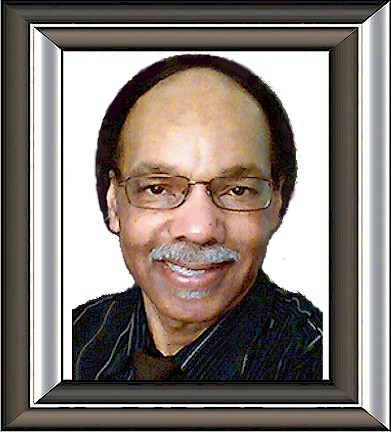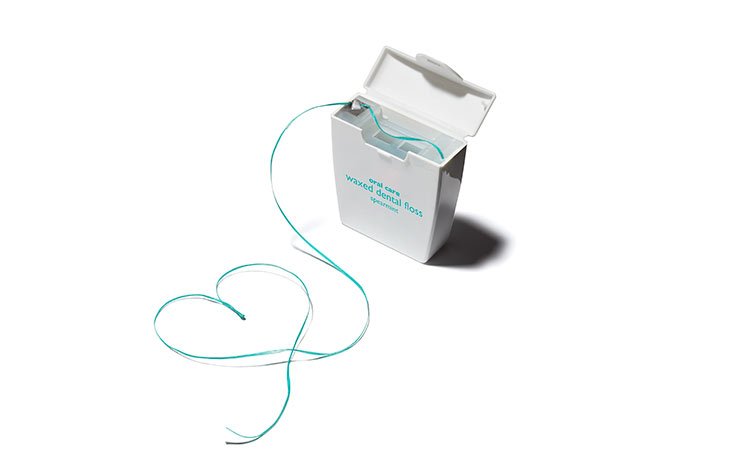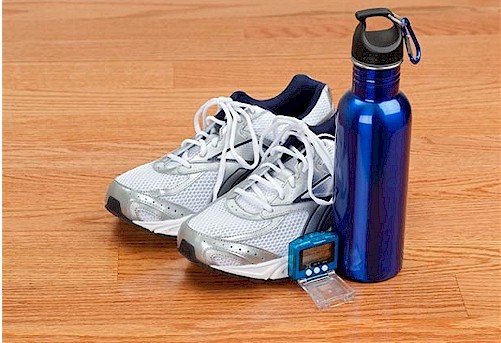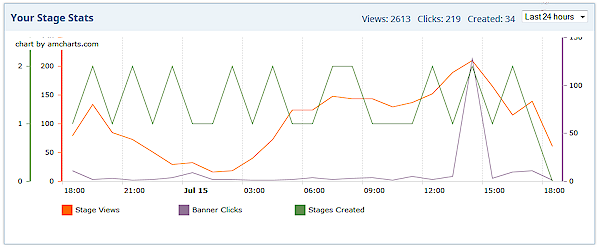
About Me
~~~~~~~~~~~~~~~~~~~~~~~~~~~~~~~~~~~~~~
Follow Me:





~~~~~~~~~~~~~~~~~~~~~~~~~~~~~~~~~~~~~~~~~~~~~~~~~~~~~~~~~~~
Wise Money Moves For 2016
Get your financial house in order with these monthly tips
January
File ASAP.
The earlier you file your tax return, the less likely a thief will beat
you to the punch, claiming a refund using your stolen Social Security
number. Maryland financial planner Kirk Kinder says three clients
who filed late during the last tax season discovered they were victims
when the IRS rejected their returns — because someone had already
filed using their information. "File as soon as you can. That's the best
way to avoid it," Kinder says. New: The IRS recently changed its policy
so that victims can request a copy of the bogus return to determine the
extent of the identity theft.
February
Prep for bigger payments. If you're among the millions who took
out a home equity line of credit before the housing bust, your monthly
payment could soon jump by hundreds of dollars. That's because these
loans usually allow interest-only payments for the first 10 years, then
require borrowers to begin repaying principal, too. About $50 billion in
loans will enter this phase in 2016 — more than double the amount
in 2014. Compounding the problem, variable interest rates on these
loans will likely rise each time the Federal Reserve boosts rates.
Contact your lender to discuss options if you anticipate you'll have
trouble making payments, says Keith Gumbinger, vice president of HSH,
a home loan information service. Or, refinance into a new loan with
interest-only payments, he says.
March
Convert to a Roth. Investments down? Consider taking advantage of
falling stock prices to transfer some shares from a traditional IRA into a
tax-friendly Roth IRA, says Tim Steffen, director of financial planning
with Robert W. Baird & Co. You'll owe ordinary income tax on the value
of transferred shares. But with lower stock prices, you'll be able to transfer
more shares into the Roth without paying more in taxes, he says. Ideally,
once in the Roth, those shares will recover, and future gains won't be taxable
to you or your heirs. And don't forget, you have until April 15 to make an
IRA contribution for 2015. Those who are 50 and older can contribute up to
$6,500 annually to an IRA. Also, if you have the cash, why not make your
contribution for 2016 at the same time? The sooner the money is invested,
the bigger your nest egg will eventually be.
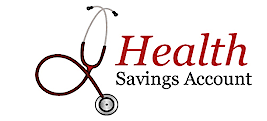
April
Fund a health savings account. More employers offer a high-deductible
health plan combined with this savings account, and you have until April 15 to
contribute to one for 2015. Individuals can invest $3,350 pretax — plus another
$1,000 if age 55 and up — in that account, where it can be withdrawn tax-free to
pay medical expenses. Plus, this income won't trigger higher Medicare premiums
or taxes on Social Security benefits, says Mary Beth Franklin, contributing editor at
Investment News. If you use the money for non-medical expenses, however, you
will owe income taxes and, if under age 65, a 20 percent penalty, too.
May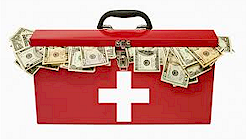
Build an emergency fund. By now you know about setting aside
three to six months' worth of living expenses to pay for unexpected
expenses. It's basic financial planning, yet many people still don't do this.
Nearly 1 out of 5 Americans ages 50 to 64 raided their retirement savings
in the past year to pay for an emergency, according to Bankrate.com, a
website that tracks savings products. Those withdrawals can trigger taxes
and penalties. Avoid this by gradually building a cash reserve to be tapped
when emergencies arise.
June
Check those fees. How much of the money in your 401(k), IRAs, and other
retirement accounts is being eaten up by fees? An AARP survey found that
73 percent of 401(k) participants age 50 and older thought they didn't pay
any fees or were unaware of the amount. "If you don't know how much you
are paying, you're probably paying too much," says Yoav Zurel, cofounder
of FeeX.com. This free service provides fee information on several thousand
employer plans, grades retirement accounts and can recommend cheaper
alternatives if you're paying too much.
July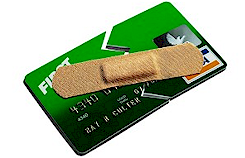
Fix your credit card. Most cards have a variable interest rate. But if
you carry a balance, look for a low fixed-rate card that could save you
money in the long run and hedge against future rate hikes by the Federal
Reserve, says Curtis Arnold, founder of CardRatings.com. Consumers with
good to excellent credit — a FICO score of 720 or higher — can find cards
with a fixed rate of 10 percent or less from credit unions and community
banks, Arnold says. Or, if you favor a card for its reward program instead
of the interest rate, review the terms to make sure you're getting the best deal.
Some issuers have doubled their rewards in the past year or so, and even
offer $100 to $150 to sign up for their programs.
August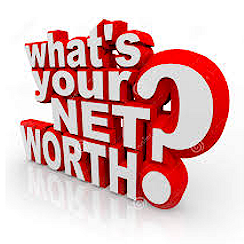
Crunch your net worth. It's a simple yet critical checkup to be
done every year to show you where you stand financially. To figure
your net worth, add up the value of all your assets — homes, cars, cash,
retirement accounts, other valuables and investments — and then subtract
liabilities, such as mortgage, auto loans, lingering student loans, credit card
debt and other debt.
Use an online calculator at AARP.org or Bankrate.com to help determine
your net worth. Ideally, your net worth will continue to rise annually as your
investments grow and debts decline. Of course, a stock market crash or
housing bust can cause your net worth to temporarily drop. But if your
net worth falls year after year, maybe something other than the economy
is at fault — something such as overspending, which you can take steps
to control.
September
Shop for insurance. Premiums for auto and homeowner insurance
aren't determined just by risk factors. Some companies set premiums
using "price optimization," meaning they charge more — as much as
25 percent — if you're unlikely to shop for coverage elsewhere, says
Bob Hunter, director of insurance with the Consumer Federation of
America. Though about a dozen states ban price optimization and others
will likely follow, it's worth browsing periodically for a better deal. If you
find one, tell your insurer, which will then likely meet or beat that offer,
Hunter says.
October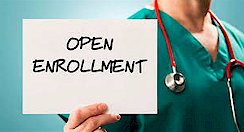
Open enrollment to buy health insurance through one of the
state-sponsored exchanges starts Oct. 15 and runs through Dec. 7.
The penalty for being uninsured is steep, and rising. In 2016, the
penalty is the greater of 2.5 percent of your income or $695 per adult
and $347.50 per child, though not to exceed $2,085 for a family.
Thereafter, the flat dollar penalty will be adjusted for inflation.
November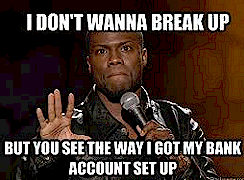
Break up with your bank. Is your bank taking you for granted?
Charging you for checking? Paying nothing on savings? If so, maybe
it's time to switch. "There are better alternatives. Free checking is
widely available at smaller community banks, credit unions and
online banks," says Greg McBride, chief financial analyst with
Bankrate.com. And many online banks pay more than 1 percent on
savings for little or no minimum deposits, he says. Search for
federally insured online banks at Bankrate.com. Many of these are
established community and regional banks that use the Internet to
market to a national audience or are divisions of other larger financial
institutions, McBride says.

December
Sell those gift cards. About one quarter of people who receive a gift
card have yet to spend it after one year, according to Consumer Reports.
Don't let cards go to waste. If you're not using them because you don't
like the retailers, sell the cards for a discount at sites such as
GiftCards.com, GiftCardRescue.com and MonsterGiftCard.com.
~~~~~~~~~~~~~~~~~~~~~~~~~~~~~~~~~~~~~~
~~~~~~~~~~~~~~~~~~~~~~~~~~~~~~~~~~~~~~





~~~~~~~~~~~~~~~~~~~~~~~~~~~~~~~~~~~~~

